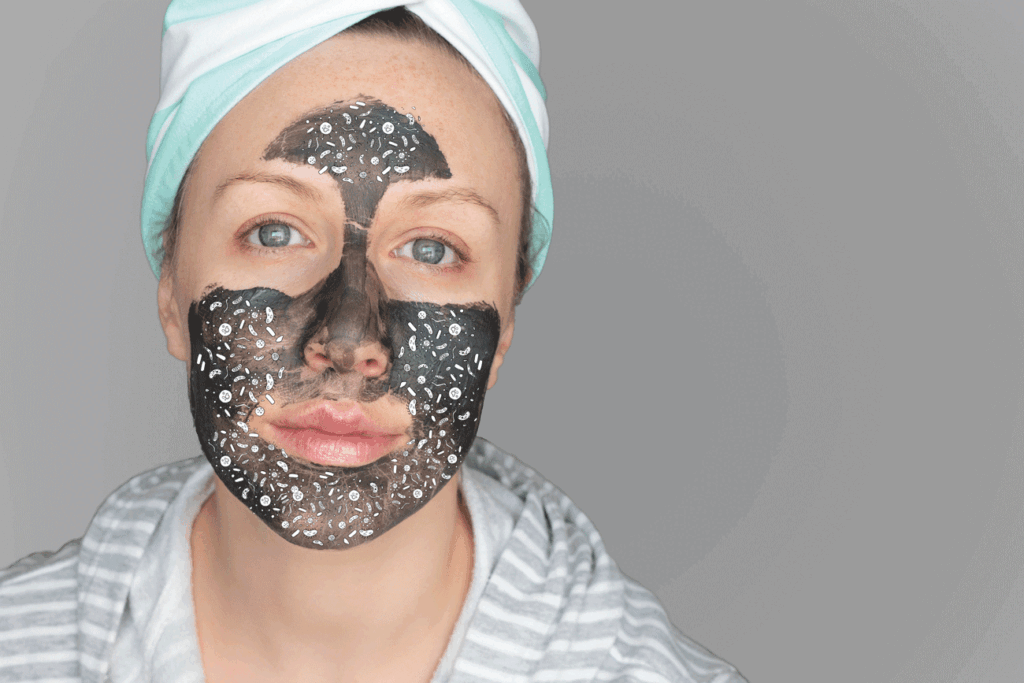
by Penny Lynch
Most of us have heard about the microbiome that lives in our gut, but did you know that we also have a microbiome that keeps our skin healthy?
In recent years, scientists have discovered that our skin is home to a bustling community of microorganisms, known as the skin microbiome. This ecosystem, teeming with bacteria, fungi, viruses, and mites, plays a crucial role in maintaining our skin’s health.
What is the Skin Microbiome?
The skin microbiome consists of trillions of microorganisms that reside on the surface and within the deeper layers of our skin. These microorganisms are not just passive residents; they actively contribute to our skin’s health. Key players include bacteria, fungi, and even microscopic mites known as Demodex. Each type of microorganism has its own niche, thriving in different areas of the skin based on moisture, temperature, and oiliness.
Why is the Skin Microbiome
Important?
The skin microbiome acts as a natural barrier, protecting us from harmful pathogens by outcompeting them for resources and space. It produces antimicrobial substances that fend off potential invaders. Additionally, the microbiome plays a pivotal role in modulating our immune response, helping to prevent overreactions that can lead to inflammation and skin conditions like eczema. Moreover, a healthy microbiome supports the skin’s natural functions, including maintaining an appropriate pH level and keeping the skin hydrated.

How to Maintain a Healthy Skin
Microbiome
Maintaining a balanced skin microbiome is essential for healthy skin.:
Gentle Cleansing: Use mild, pH-balanced cleansers that do not strip the skin of its natural oils and beneficial microorganisms. Avoid over-washing, which can disrupt the microbial balance.
Moisturise Regularly: Keeping your skin hydrated supports a healthy microbiome. Use moisturisers with natural ingredients.

Balanced Diet: A diet rich in fruits, vegetables, and healthy fats provides essential nutrients that support skin health.
Probiotics and Prebiotics: Consuming probiotics (found in yogurt, kefir, and fermented foods) and prebiotics (found in garlic, onions, and bananas) can promote a healthy microbiome. Some skincare products also contain these beneficial ingredients.
Avoid Overuse of Antibiotics: While antibiotics are sometimes necessary, their overuse can disrupt the balance of microorganisms on the skin. Use antibiotics only when prescribed by a healthcare professional and avoid soaps with antibacterial ingredients.
Sun Protection: Protect your skin from excessive sun exposure, which can damage the skin barrier and alter the microbiome. Use broad-spectrum sunscreen and wear protective clothing.
By understanding and caring for our skin microbiome, we can help maintain our skin’s health and resilience. Embrace these simple yet effective practices to support the tiny allies living on your skin and enjoy the benefits of a balanced and vibrant skin microbiome.











